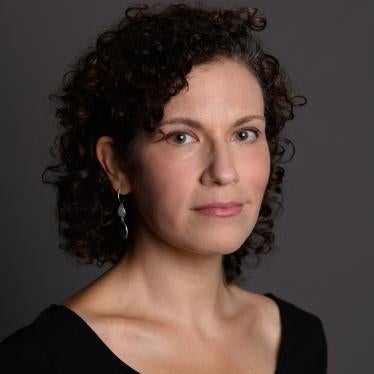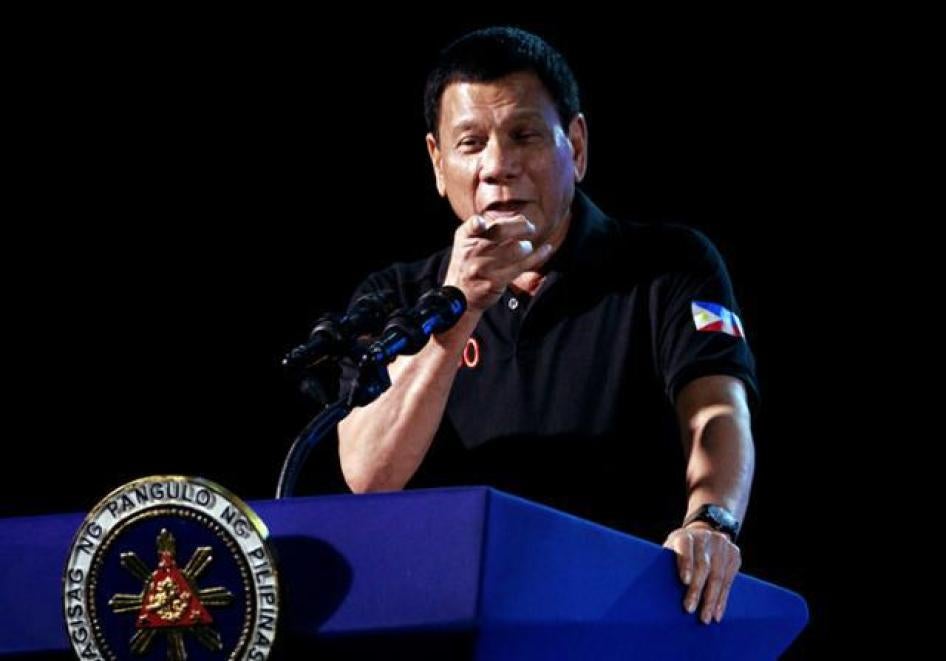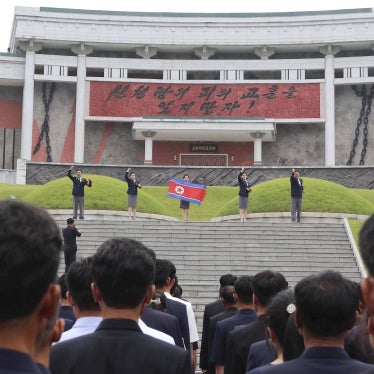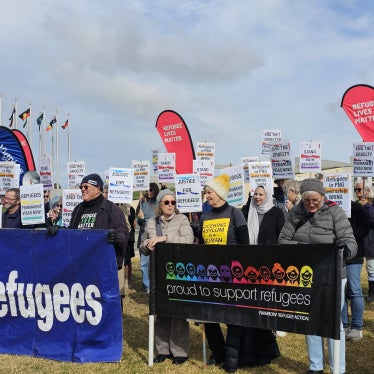Donald Trump hasn’t called for the killing of his own citizens, like his Philippine counterpart Rodrigo Duterte has repeatedly done since taking office in June 2016.
But the two men do have at least one thing in common. Both have made a habit out of scapegoating vulnerable people to justify cruel, abusive, and counterproductive policies in the name of fighting drugs.
Duterte, whom Trump invited to the White House during an April 29 phone call that Trump’s press office described as “very friendly,” prides himself on his declared “war on drugs” in which he has actively encouraged both police and members of the public to kill suspected drug users and dealers.
The resulting body count has been horrific: more than 7,000 people, including several children, have been shot dead. Although Duterte insists that his killing campaign only targets “drug lords,” in fact the victims have overwhelmingly been urban slum dwellers who are invisible to many in the public and have little ability to defend themselves.
In the US, Trump says he is concerned about the opioid epidemic, which is affecting largely rural white people in counties that form the backbone of his support. But his administration has so far put more emphasis on plans for a harsh crackdown on undocumented immigrants than on intelligent policies to cope with drug dependence.
Trump’s spurious and dangerous claim is that immigrants are at the root of the country’s drug problems.
In both countries, these policies are already causing tremendous fear and suffering. They are also likely to backfire in dangerous ways.
In the Philippines, Duterte has turned the police into killers. Human Rights Watch research indicates that many of the 3,271 killings the police attribute to “vigilantes” and drug gangs are a veneer to shield themselves and police agents from culpability in death-squad-style extrajudicial executions.
Police are also exploiting the campaign for personal gain. Last week the Philippine Human Rights Commission reported on a secret jail in which police had been holding a dozen people in atrocious conditions, torturing them, and demanding bribes of hundreds or thousands of dollars for their release. Earlier in the year, police kidnapped and murdered a South Korean businessman, then obtained a $100,000 ransom from his family. That’s police criminality out of control.
In the US, immigrants are on average less likely to commit serious crimes than native-born US citizens. Yet the Trump administration’s misdirected drug policies targeting immigrants will tear families apart and needlessly imprison hard-working people simply because they want to be in the US with their families.
This approach is also likely to punish victims of organized crime in their home countries who have fled to the US seeking refuge from harm.
Meanwhile, by doubling down on the “war on drugs”—which in five decades has failed to meaningfully reduce drug use or supply—the Trump administration may further enhance the profitability of illicit drug markets, fueling the growth and operations of the organized criminal groups that Attorney General Jeff Sessions is vowing to fight.
And Trump’s proposed expansion of Customs and Border Protection will most likely only compound the problems of a force that is already plagued by abuse and corruption.
Perhaps it’s not surprising that Trump “enjoyed the conversation” with Duterte. But to those of us who care about human rights, the rule of law, and the justice system—both in the Philippines and the US—it should be yet another red flag about Trump’s approach to these issues.










